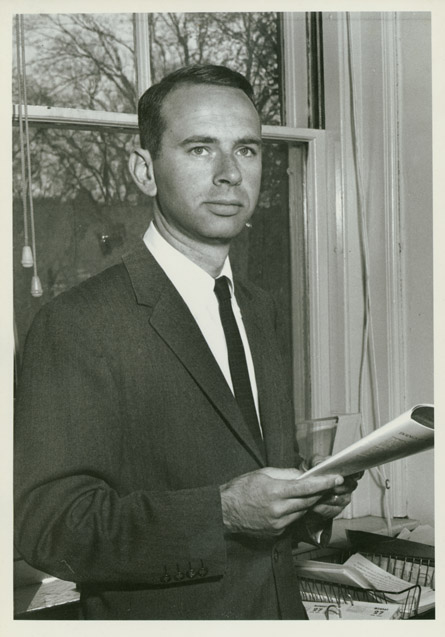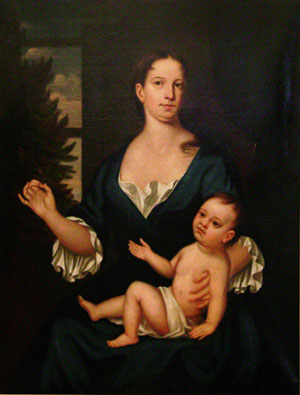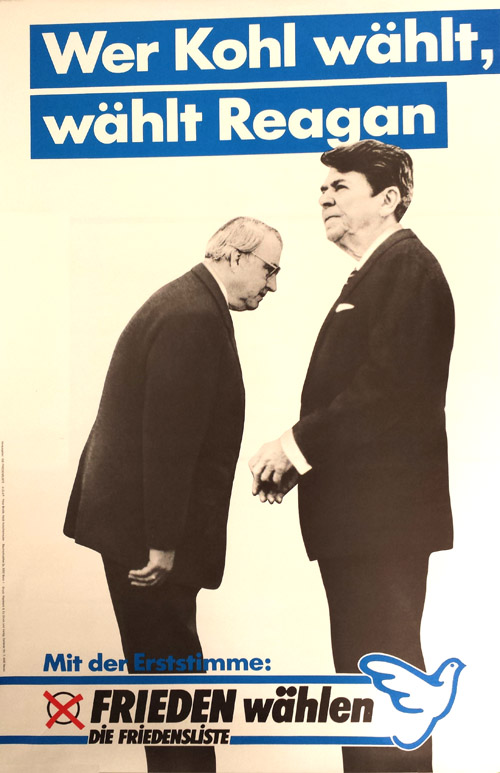Gerard Braunthal Papers

Born in Germany in 1923, Gerard Braunthal was a scholar of German politics and taught as a professor in the Political Science department from 1954. Before receiving his B.A. from Queens College in 1947, Braunthal served in intelligence during World War II, going on to receive his M.A. from the University of Michigan in 1948 and Ph.D from Columbia University in 1953. While studying at Columbia, Braunthal worked as an interviewer for US Air Force intelligence. An expert on the German Social Democratic party (SPD), Braunthal published extensively on modern German politics. His work on the subject was well regarded in Germany as well as the United States. In parallel to his academic research, Braunthal was also an anti-war and anti-nuclear activist, serving on the executive committees of both the Valley Peace Center and the Citizens for Participation in Political Action (CPPAX). Braunthal received the Order of Merit from the German government.
The collection includes Braunthal’s correspondence, article manuscripts and research materials, as well as pamphlets, form-letters, and broadsides relating to anti-Vietnam war activism, interspersed with a small amount of personal correspondence from his own antiwar activities. Among his research materials is a collection of interview transcripts with members of the Federation of German Industry (BDI). There is also a significant collection of documents from his involvement with local activist groups, which includes minutes, form-letters, reports, conference proceedings, and leaflets.



